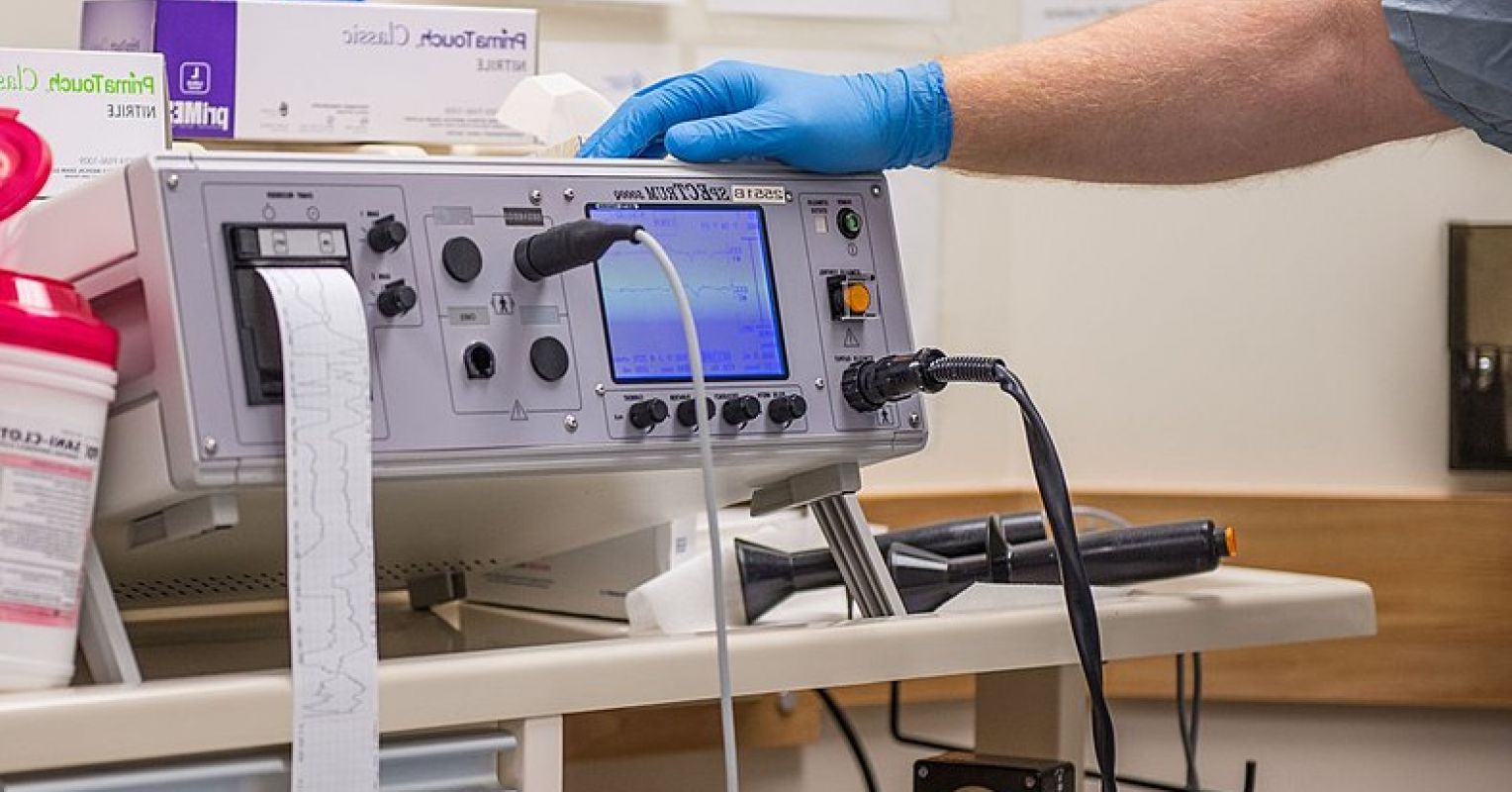The Mysterious Case of Electroconvulsive Therapy - Psychology Today

Electroconvulsive therapy, commonly known as ECT, is a controversial method of treating people with mental disorders by exposing their brains to electric currents. The electric current induces seizures, which are intended at reducing symptoms of mental disorders that have persisted despite other forms of treatment such as medication or therapy. However, people who undergo ECT are at risk of side effects such as losing their memory temporarily or permanently or suffering an irregular heartbeat. Opinions about whether ECT is effective are divided. Some argue that it works, whereas others argue that it is no more effective than a placebo, leaving clients of mental health services and clinicians potentially confused.
Does ECT work?
Some researchers argue that ECT works in reducing symptoms of certain mental illnesses such as depression when compared to medication,1 but other researchers argue that the evidence supporting the use of ECT tends to be of poor quality, such as lacking long-term evidence showing that ECT has lasting effects, and they argue that studies tend not to have controlled for whether people taking part in the research are already using other forms of treatment (e.g., medication).2
Other researchers respond to these criticisms by using what they call the "parachute analogy"— which is to say, as they argue, that one does not need a meta-analysis of randomized controlled trials testing people wearing parachutes and comparing them with people not wearing parachutes to be able to conclude that it is best to wear a parachute before jumping out of an aeroplane.3 In this sense, such clinicians argue that—because they intuitively believe, from their own practice with patients, that ECT is effective, it is safer for patients to continue to receive ECT than the alternative of mental ill health symptoms that might lead to suicide or severely poor quality of life (e.g., catatonia). Such clinicians argue that ECT should continue to be used for patients in severe states of mental illness in which other treatment options have failed.
On the other side of the debate, researchers argue that many experiments into ECT are of poor quality in the sense of not comparing ECT with an appropriate control condition.2,4 Researchers reviewing the literature also suggest that ECT, when it does appear to be effective, works as a placebo without any long-term benefit for reducing the risk of suicide or depression.4
Is ECT ethical?
There is controversy over whether ECT is ethical because the idea of subjecting people to electrically induced seizures is an idea that, understandably, people find disturbing. It appears to dehumanise people and objectify mental symptoms in such a way as to conceptualise them as entities that can be resolved through a purely biological method. The lack of consistent evidence about whether or not it works also makes its use even more ethically treacherous.
People questioning the use of ECT could argue that it is inhumane, in the sense of subjecting people to something that is ordinarily thought harmful (that is, an electric shock) without knowing whether or how it works, neurologically. The controversies about ECT have led to it becoming unpopular as a treatment option, yet some clinicians continue to use it and believe that it works for patients.3 Although it is unpopular in the United States,5 it is still used by some psychiatrists in the United Kingdom.6 ECT is also controversial because it is sometimes used without patients giving consent or having the capacity to give consent. The debate about the ethics of ECT is one that is considered in an interesting book on the history of its use in the United States and controversies it has faced.5
Given the ethical and empirical problems, it is difficult for clinicians and researchers to reach a resolution on whether ECT should continue to be used when some believe that it is not effective, and others believe that it is effective but just needs a well-designed experiment to demonstrate as much.
THE BASICS
The controversy continues.
Considering that ECT continues to be used in modern psychiatry in countries such as the United Kingdom,6 many people are still unsure about whether or not they should agree to it and, therefore, the research community should shed more light on its effectiveness in a way that is evidence-based and unbiased, to help mental health clinicians and clients make informed decisions about it.
Comments
Post a Comment